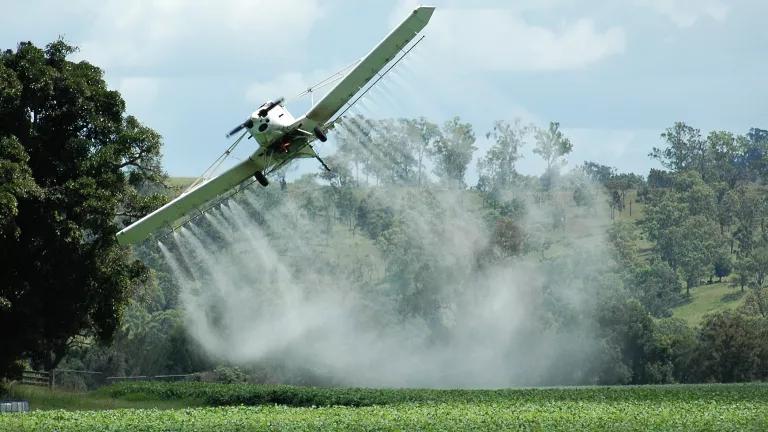While there is an abundance of food produced in the U.S., up to 40% of our food supply goes uneaten each year. This means that at least 62.5 million tons of food, costing $218 billion, is going to waste annually. At the same time, 42.2 million individuals, including 13.1 million children, were food insecure in 2015 and at some point during the year lacked access to a sufficient amount of food to lead an active, healthy lifestyle.
Much of the food being discarded by businesses across the country is healthy, nutritious and appropriate for donation to communities in need. And while food donations won’t solve the underlying poverty that leads to food insecurity, donation of healthy, wholesome food can provide a mechanism for immediate relief of food shortages and is a critical response to food insecurity.
A number of existing federal laws and policies strive to encourage food donation, including extensive liability protection and tax breaks that incentivize businesses to donate surplus food. However, limitations in these laws impede their effectiveness. Other policies need to be modernized and disseminated to better address the evolving landscape of food recovery and the emerging models that can help take food donation to a whole new level.
Prepared by The Food Law and Policy Clinic of Harvard Law School with the Natural Resources Defense Council as a partner, Don’t Waste, Donate: Enhancing Food Donations Through Federal Policy provides a roadmap for the federal government to remove barriers that now limit the amount of surplus food reaching communities in need. The recommended policy changes include:
- Enhancing liability protections for food donations, including for food that is donated directly by the donor to individuals or sold to recipients at a reduced price
- Improving federal tax incentives for food donations, including creation of a tax incentive for transportation of donated foods and incentives that reflect the added costs farmers incur to donate food
- Standardizing and clarifying food expiration date labels
- Better monitoring and encouraging food donation by federal agencies
- Modernizing and clarifying federal food safety guidance for food donations


